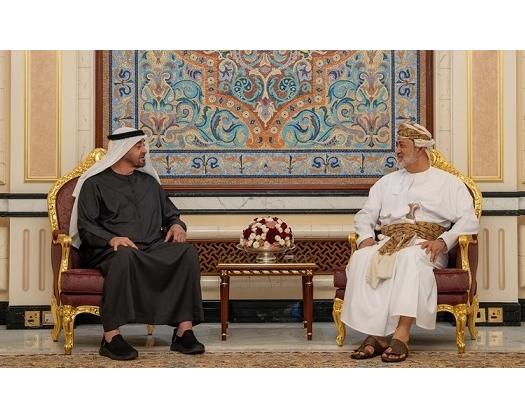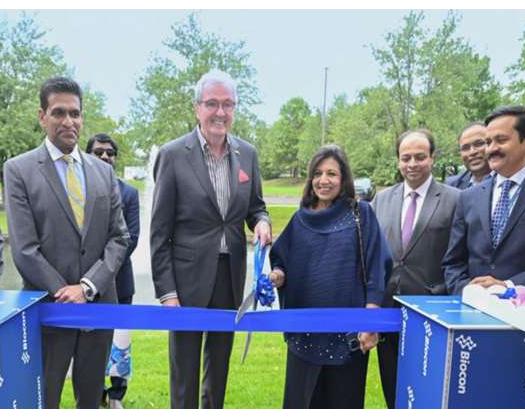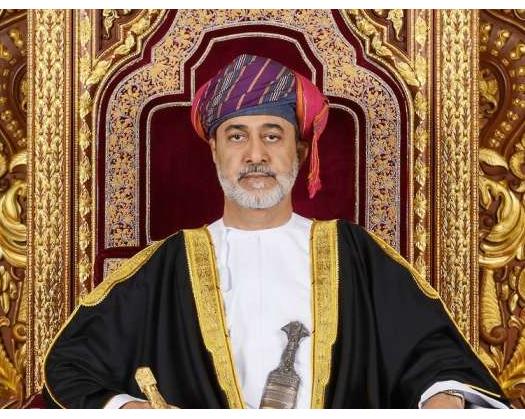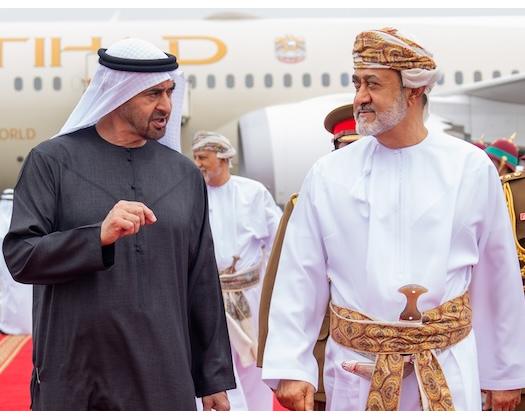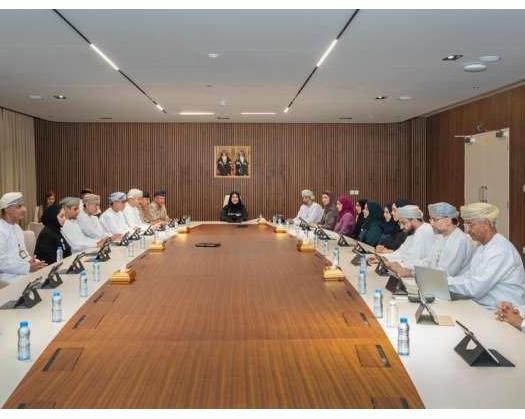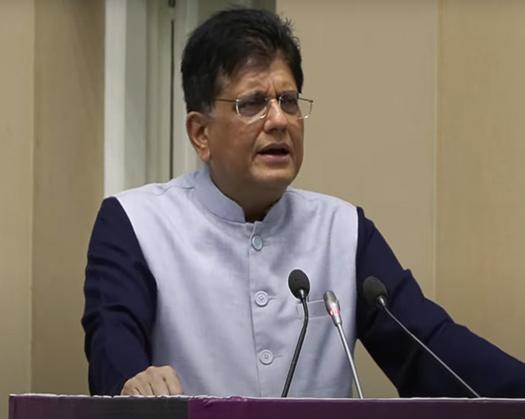Muscat: The Ministry of Health recently convened an introductory meeting to initiate a national awareness campaign centered on pre-marital medical examinations. This campaign, which will span the entirety of 2025, is designed to emphasize the significance of these examinations within the community.
The pre-marital medical examination initiative has several primary goals. Its foremost aim is to decrease the incidence of hereditary blood disorders such as sickle cell anemia and beta-thalassemia. Furthermore, the program aspires to enhance understanding of healthy marital practices, mitigate social and psychological issues for families with affected children, reduce the burden on healthcare facilities and blood banks, and lessen the financial impact of treating these conditions.
The central strategy of the campaign focuses on boosting public participation in pre-marital examinations. This will be accomplished by increasing awareness among relevant sectors and reinforcing the importance of these examinations within the community. The campaign will showcase the advantages of undergoing these examinations, provide a clear explanation of the process, and address related health, social, and religious factors.
Dr. Saeed bin Harib Al-Lamki, Undersecretary of the Ministry of Health for Health Affairs, commenced the meeting with a speech that highlighted its importance and outlined the campaign's objectives. He underscored the vital role of collaboration across sectors in ensuring the success of the national awareness initiative.
The meeting included a series of presentations from various stakeholders. Dr. Badriya Al-Rashdiya, Director General of Health Services and Programs, offered an overview of the national campaign, outlining its goals, implementation stages, and the anticipated contributions from participating organizations.
Yaqub bin Ali Al-Batashi, a supervisor in school administration from the Ministry of Education, delivered an insightful presentation regarding the difficulties encountered by families impacted by hereditary blood disorders. He illustrated his points with a real-life scenario to highlight the critical role of pre-marital screenings in preventing the spread of these diseases, ultimately fostering healthier families and communities. Additionally, he recommended various strategies to alleviate the effects of hereditary conditions, such as enforcing mandatory pre-marital testing, enhancing public awareness, providing psychological and social support for affected individuals, advancing research for new treatments, establishing specialized healthcare facilities, and implementing legislative changes.
Experts from the Ministry of Health elaborated on the national pre-marital medical examination initiative and the specific hereditary diseases included in the program. The Ministry of Social Development also shared insights on the social ramifications of passing on hereditary and infectious diseases to individuals and families.
The legal dimensions of pre-marital examinations were also explored. The Supreme Judicial Council presented a report detailing the legal, organizational, and legislative structures surrounding mandatory examinations. Fahad bin Yusuf Al-Aghbari, a law lecturer at the University of Sharqiyah, examined pre-marital medical screenings in relation to children's rights and human rights.
The meeting wrapped up with a presentation by Dr. Jamila bint Taysir Al-Abriya, Director of the Department of Women's and Children's Health, who addressed the potential effects of mandatory examinations on Omani society and outlined future goals associated with the program.



